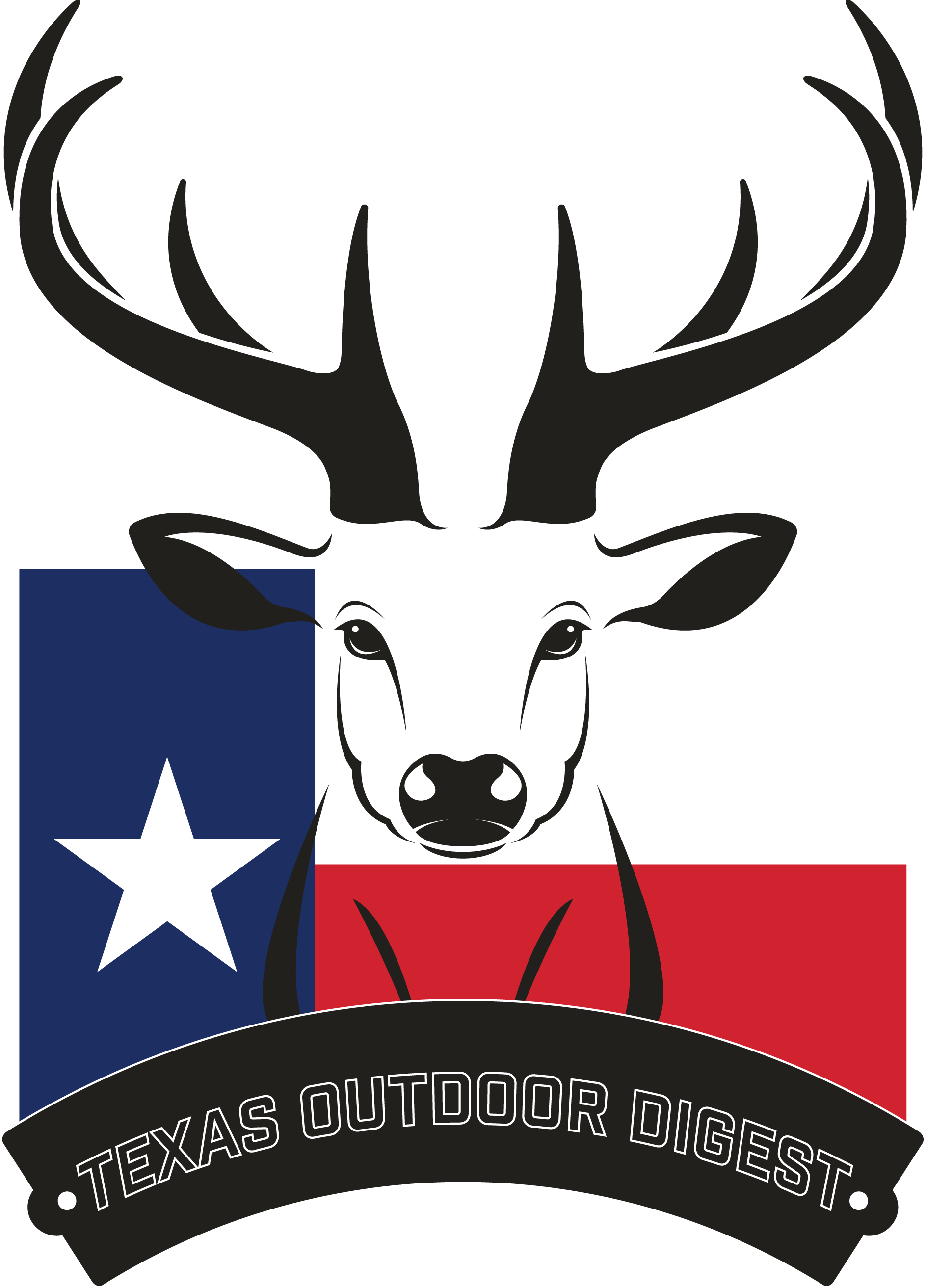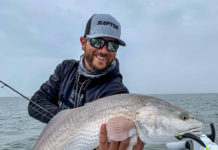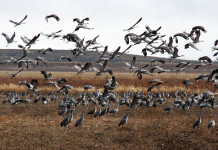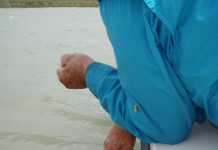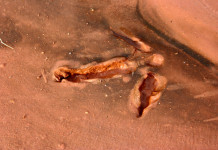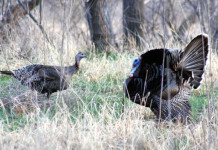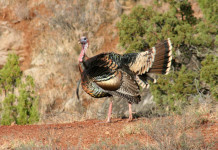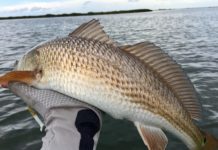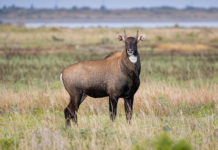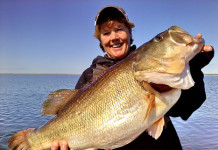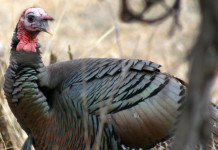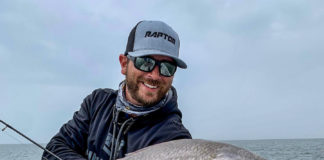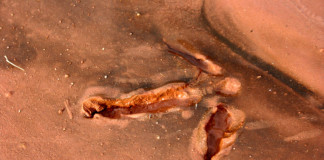The executive director of the Texas Parks and Wildlife Department has signed an emergency order adding the West Fork of the Trinity River including Bridgeport, Eagle Mountain and Worth lakes to the list of water bodies under special regulations intended to help control the spread of invasive zebra mussels.
Carter Smith’s action comes following the discovery in mid-June that larvae of the destructive mussels was found in Lake Bridgeport. Eagle Mountain and Worth were included in the order because they are downstream of Bridgeport and zebra mussels readily migrate downstream, according to a news release.
The Texas Parks and Wildlife Commission in 2012 amended TPWD’s regulations to help ensure that boats operated on Lake Lavon, parts of the Red River including Lake Texoma, and parts of the Elm Fork of the Trinity River including Lakes Ray Robert and Lewisville are drained, including live wells and bilges, before they leave those water bodies. Taking this precaution is crucial in efforts to slow the spread of this species, since contaminated boats are one of the primary ways this happens, according to the release. Draining water from boats prevents the spread of a microscopic form of the mussel called a veliger, which is invisible to the naked eye.
The emergency rule creates an exemption for persons to travel on a public roadway via the most direct route to another access point located on the same body of water without draining water from their boat. The emergency action would extend the applicability of the current regulation to all impounded and tributary waters of the West Fork of the Trinity River above the Lake Worth dam including at Bridgeport, Eagle Mountain and Worth, according to the release.
The zebra mussel is a small, non-native mussel originally found in Eurasia. It has spread throughout Europe, where it is considered to be a major environmental and industrial menace. The animal appeared in North America in the late 1980s and within 10 years had colonized all five Great Lakes and the Mississippi, Tennessee, Hudson and Ohio River basins. Since then, they have spread to additional lakes and river systems, including some in North Texas, according to the release.
Zebra mussels live and feed in many different aquatic habitats, breed prolifically, and can’t be controlled by natural predators. Adult zebra mussels colonize all types of living and non-living surfaces including boats, water-intake pipes, buoys, docks, piers, plants and slow-moving animals such as native clams, crayfish and turtles. The U.S. Fish and Wildlife Service estimates the potential economic impact of zebra mussels to be in the billions of dollars, according to the release.
Under authority granted by the Legislature, emergency rules can be adopted if the commission or the executive director finds that there is an immediate danger to a species authorized to be regulated by the department. This emergency rule will continue for no more than 120 days from the date this notice is filed with the Texas Register. TPWD will be preparing a non-emergency rule for consideration by the commission that would go into effect by the time the emergency rule expires.
